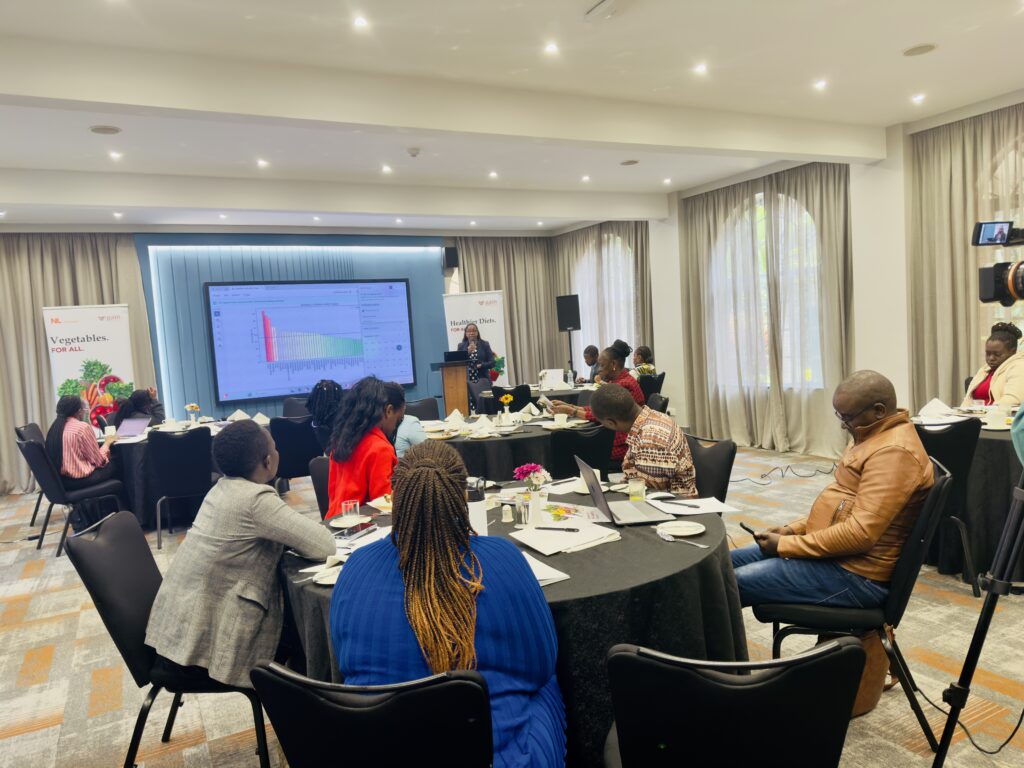Good nutrition is the foundation of health, productivity, and economic growth, with every shilling invested yielding significant returns through reduced healthcare costs and improved performance in the workforce. As Kenya advances towards Vision 2030, the Sustainable Development Goals, and the African Union Agenda 2063, nutrition stands out as a central pillar that must be integrated into all aspects of development.
Kenya continues to grapple with a triple burden of malnutrition undernutrition, micronutrient deficiencies, and rising obesity. Encouraging progress has been achieved over the past two decades. Stunting among children has declined from 36% in 2003 to 18% in 2022, while underweight rates dropped from 19% to 10%. Wasting fell from 7.5% to 4%, and childhood overweight declined from 6% to 3%. Despite these gains, new challenges have emerged. Nearly 45% of women aged 20–49 are overweight, compared to 15% of men, raising concerns over diet-related non-communicable diseases such as diabetes and hypertension.
Unhealthy diets remain widespread. Only 5% of adults consume the recommended daily servings of fruits and vegetables, and just 49% of women achieve minimum dietary diversity. Exclusive breastfeeding rates have also declined to 60%, undermining infant health outcomes. The economic cost of malnutrition is staggering, estimated at KSh 373.9 billion annually due to healthcare expenses and lost productivity.
To address these challenges, Kenya has implemented several interventions. The national school meals programme now reaches over 2.6 million learners daily, ensuring children have access to nutritious meals that support learning and development. Nutrition-sensitive cash transfers are benefiting more than 48,000 vulnerable households, while nutrition has also been integrated into education policies and programs to strengthen awareness from an early age.
The media has a critical role to play in the nutrition agenda. By countering misinformation, amplifying success stories, and highlighting enforcement gaps, media platforms can keep nutrition high on the political and social agenda. Elevating nutrition as a national priority will not only improve public health but also drive economic growth and social stability.
Kenya’s progress in reducing undernutrition shows what can be achieved through coordinated action. However, with rising rates of obesity and persistent micronutrient deficiencies, a renewed focus is required to ensure that every Kenyan has access to affordable, diverse, and nutritious diets. Strengthening public awareness and scaling up evidence-based interventions will be key to securing a healthier and more productive nation.

